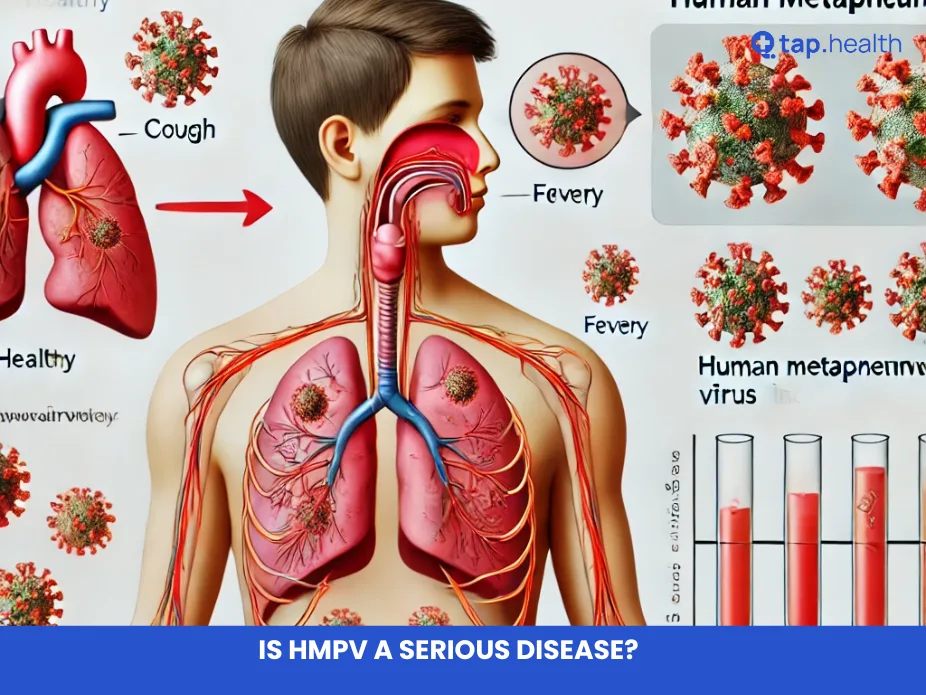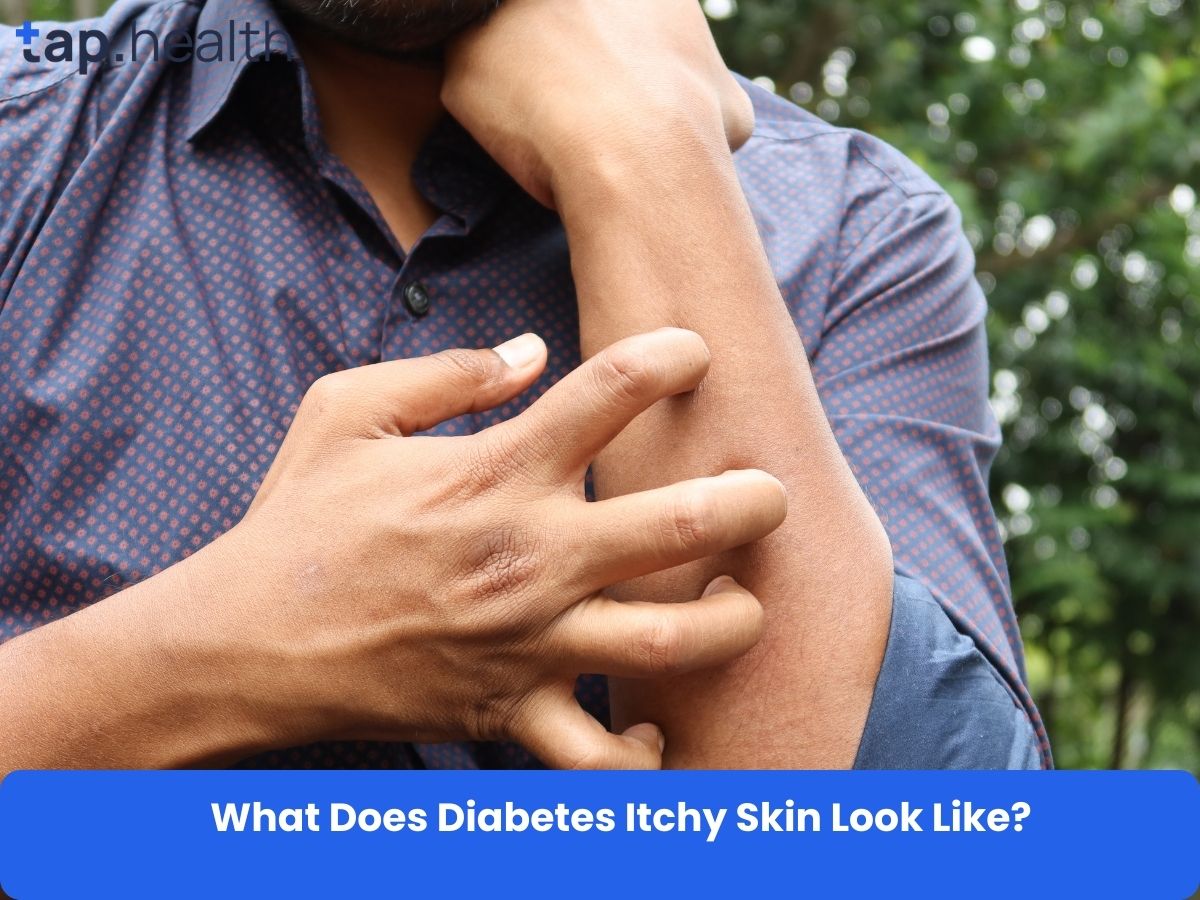If you’ve recently heard about Human Metapneumovirus (HMPV), you might be wondering: Is HMPV a serious disease? Let’s explore what HMPV is, its symptoms, how it spreads, and who is most at risk.
What is HMPV?
Human Metapneumovirus (HMPV) is a virus that affects the respiratory system. It was first discovered in 2001 and is known to cause illnesses similar to the common cold or flu. HMPV is part of the Pneumoviridae family, which also includes the respiratory syncytial virus (RSV).CDC
Symptoms of HMPV
When someone contracts HMPV, they might experience:
- Cough
- Fever
- Nasal congestion
- Shortness of breath
In some cases, these symptoms can progress to more severe conditions like bronchitis or pneumonia.CDC
How Does HMPV Spread?
HMPV spreads through:
- Coughing and sneezing: Tiny droplets containing the virus are released into the air.
- Close contact: Touching or shaking hands with someone who has the virus.
- Contaminated surfaces: Touching objects or surfaces that have the virus on them and then touching your mouth, nose, or eyes. CDC
Is HMPV a Serious Disease?
For most healthy individuals, HMPV causes mild symptoms similar to a cold or flu. However, certain groups are at higher risk for severe illness:
- Young children: Their immune systems are still developing.
- Older adults: Age can weaken the immune system.
- People with weakened immune systems: Conditions like cancer treatments or organ transplants can reduce immunity. CDC
In these groups, HMPV can lead to more serious respiratory issues, including pneumonia.
Real-Life Scenario: An Indian Perspective
Consider the case of Aarav, a 5-year-old boy from Mumbai. Aarav developed a cough and fever, which his parents initially thought was a common cold. However, his symptoms worsened, and he had difficulty breathing. After visiting a local hospital, tests confirmed that Aarav had contracted HMPV. Fortunately, with prompt medical care, Aarav recovered fully.
This example highlights the importance of monitoring respiratory symptoms, especially in young children, and seeking medical attention when necessary.
Expert Contributions: Insights from Dr. Ramesh Kumar
Dr. Ramesh Kumar, a renowned pulmonologist in Delhi, emphasizes the importance of early detection and supportive care for HMPV infections. He states, “While most cases are mild, it’s crucial to monitor vulnerable populations closely. Early intervention can prevent complications.”
Recommendations Based on Proven Research
To protect yourself and others from HMPV:
- Practice good hygiene: Wash your hands regularly with soap and water for at least 20 seconds.
- Avoid close contact: Stay away from individuals who are sick.
- Cover your mouth and nose: Use a tissue or your elbow when coughing or sneezing.
- Clean surfaces: Regularly disinfect commonly touched objects like doorknobs and phones. CDC
These preventive measures can significantly reduce the spread of HMPV and other respiratory illnesses.
Frequently Asked Questions (FAQs)
Q1: How is HMPV diagnosed?
A1: Healthcare providers can diagnose HMPV through tests like nucleic acid amplification tests (NAAT) or enzyme-linked immunoassays (ELISA) on respiratory samples.
Q2: Is there a vaccine for HMPV?
A2: Currently, there is no vaccine available for HMPV. Preventive measures focus on hygiene and avoiding close contact with infected individuals.
Q3: Can HMPV be treated with antibiotics?
A3: Antibiotics are ineffective against HMPV since it’s a viral infection. Treatment is supportive, focusing on relieving symptoms.
Q4: How long does it take to recover from an HMPV infection?
A4: Recovery time varies. Mild cases may improve within a week, while severe cases could take longer. It’s essential to rest and stay hydrated.
Q5: Are there any antiviral medications for HMPV?
A5: Currently, there are no specific antiviral medications for HMPV. Treatment focuses on supportive care to manage symptoms.
Conclusion
While HMPV is generally not a serious disease for healthy individuals, it can lead to severe respiratory illness in vulnerable populations. Understanding the symptoms, practicing preventive measures, and seeking timely medical care are essential steps in managing and preventing HMPV infections.



